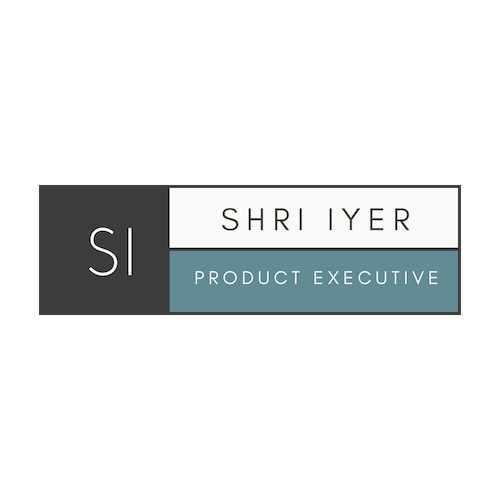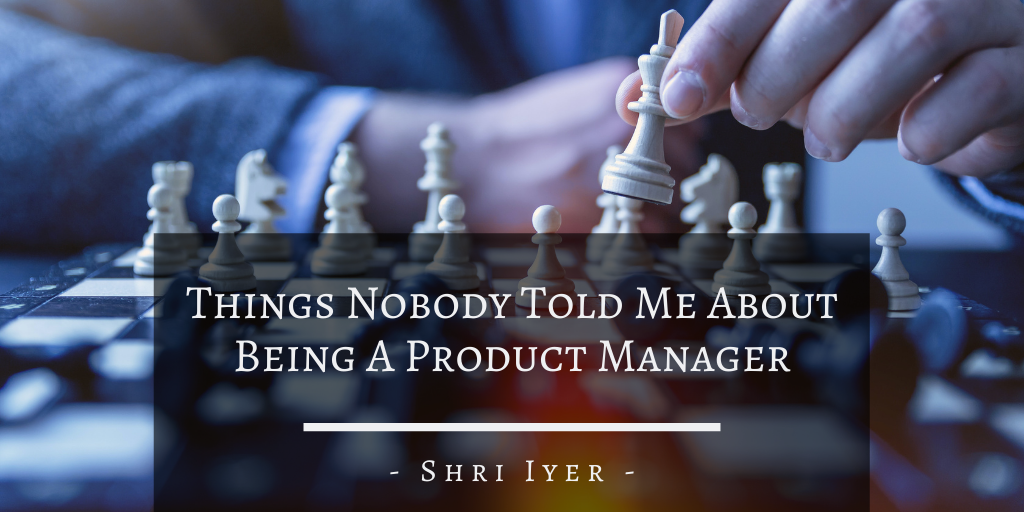Every job you begin comes with a learning curve attached to it. Early on in a promotion or a new workplace, it can feel as though you are constantly playing catch up to develop habits and routines that allow you to work effectively and efficiently. Without the benefit of mentorship, you may feel yourself stumbling through the dark while learning the specifics of your position. While serving as a Product Manager (PM), learning routines the hard way can cost valuable time when developing a product. With that being said, let’s discuss two of the critical concepts many PMs wish they had known before filling the position, which will hopefully mitigate your transition into the field so that you can be your most productive self.
The Product Is A Language Unto Itself
Your first role in product management will most likely be in an assistant or intern-based position. That is a great space to explore and trial because it affords you the opportunity to make mistakes without the ramifications being irrevocable. You will most likely begin by familiarizing yourself with the product you are developing, and if it is in a field you have yet to train in, you could be in for a big surprise. Theoretically, you have transitioned into a PM role in the booming tech industry, but you come from a marketing job. You go to talk to the engineering department and see infinite lines of code–and you only just mastered your Google apps. Take up the challenge to learn these new concepts with aplomb, and understand that the engineering department probably thinks the work you do is just as mysterious. Remember that being a lifelong learner will benefit you greatly in these moments. Instead of looking at the situation as one where you know nothing, flip your perspective. Approach it as an opportunity to grow your skills and learn from those around you, which is a great way to build connections with co-workers in different offices.

Providing Solutions, Not Denials
Negativity abounds in many workplaces, and it can be a significant drag in the relationship between departments. Many PMs can slip into a mindset where they constantly explain why an idea proposed by management can not work. It is significantly easier to point out the potential flaws in any situation than to see the upside of how a concept can become deliverable. Your job as a PM is not to deny what teams are capable of; your job is to hear an idea and develop a plan of action to make it happen. You do not want peers potentially perceiving you as combative or dismissive of new ideas. It remains pivotal that you approach a new product with an open mind and encourage your team to do so. Developing products with a malleable mindset remains your biggest ally in a PM position. A can-do attitude may make work more challenging, but it also provides a more rewarding work experience while building your reputation as a PM that develops the goals of those around you. Always remember that your job demands you use your imagination, creativity, and skills to solve problems instead of finding obstacles that prevent you from accomplishing the company’s goals.

There are plenty of other issues you’ll encounter when starting as a PM. Language gaps are prevalent since so many industries are now multi-national. Stakeholders will want to have their ideas known and valued, even if it sometimes conflicts with the goals you set out for the product you develop. Being in charge means confronting significant issues head-on, so you must avoid procrastinating or prevaricating. Finally, without good data (and intelligent insight into that data), it will be nearly impossible to resolve the bevy of issues bound to arise. Being a PM requires dedication and open-mindedness. It demands flexibility in some instances and firmness in others. When starting as a PM, remember that your job requires you to work alongside a broad range of people at various levels in your company, which will make you responsible for stretching to meet all the disparate standards. Expecting this from the beginning will make you a stronger PM, and you will spend less time stumbling in the dark to find a strategy and more time being an effective and communicative leader.

